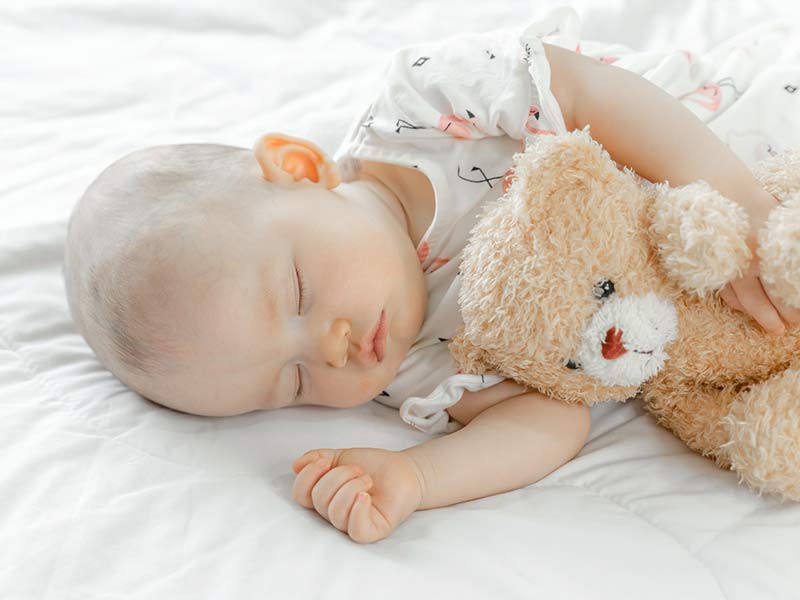Is Sleep as Important as Diet?
I’m sure you can guess what my answer is to this question, since I am, after all, a pediatric sleep consultant. I tend to put a high priority on sleep and am justifiably passionate about its benefits for babies.
But is my passion for sleep clouding my view on this matter, or is there evidence to support my position? Oh, I am SO glad you asked.

Now don’t get me wrong. I’m a firm believer that feeding our kids a healthy, balanced, varied diet is essential to their well-being. I might even go so far as to say that it’s the single most important factor when it comes to our children’s health.
But sleep, if not equally as important, is a very close contender.
Childhood obesity is a huge public health issue, and kids who are obese grow into obese adults, and I’m sure I don’t need to tell you about the myriad health issues that come along with obesity. (But just in case you’re not familiar, they include diabetes, heart disease, cancer, osteoarthritis, and joint inflammation, just to name a few.)
But what does sleep have to do with obesity?
A 2008 study by the National Institute of Health looked at the average number of daily hours of sleep that kids between 6 months and two years old were getting, and then compared those results with their occurrences of obesity. The children who got an average of less than 12 hours of sleep a day were over twice as likely to be obese than those who slept for 12 or more. A much larger study done in the UK showed similar results.
With all of the health issues, as well as the general quality of life concerns that come along with obesity, it seems to me that sleep should be a major concern for parents.
However, every day I hear people advising new parents with what I’m sure is meant to be reassuring rhetoric, but I must admit, given the evidence, I find it really upsetting.
“Babies sleep when they want to sleep. Don’t force it.”
“Not sleeping is totally normal for a baby.”
“Just follow your baby’s lead. They know how much sleep they need.”
Can you imagine this same kind of talk if it was concerning baby’s diet? “Babies know what’s healthy to eat. Just follow their lead.”
“Eating chocolate is totally normal for babies.”
“Kids will eat when they’re ready. You shouldn’t schedule mealtimes.”
If you heard those words coming out of anybody’s mouth, you would immediately qualify them as a lunatic, and you certainly wouldn’t listen to their advice on your kids.
As parents, we all obviously want our kids to live healthy, active lives, and we want to give them every advantage to ensure they get a good start. Making sure they get enough sleep, and teaching them solid sleep skills, will go a long way to promoting their overall health down the road.
